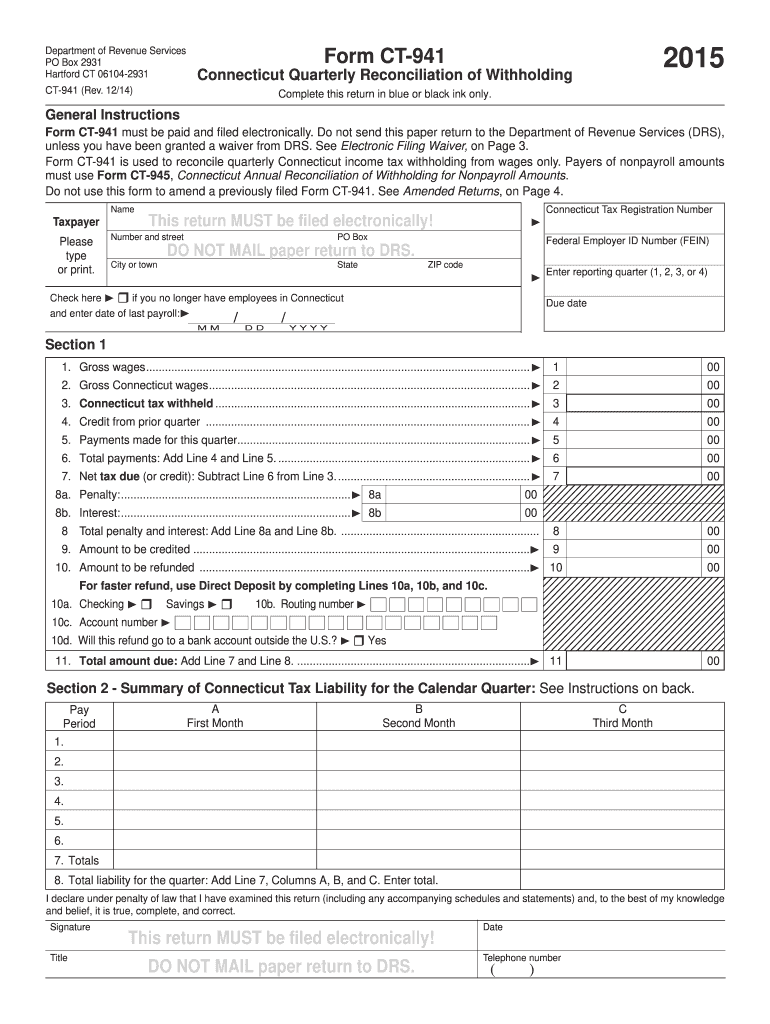
The records reported by the bookkeeper will determine the accountant’s advice to leadership, and ultimately, the health of the business overall. Accounting is the process of keeping financials for a company by recording, summarizing, analyzing, advising and reporting. Certified Public Accountants (CPAs) usually perform accounting and assurance tasks. While these financial roles share common goals, they support different stages of the accounting process.
One reason is that it provides critically important financial statements and documents. Financial statements are essential for making sound business decisions. They provide required information on a company’s income, expenses, and profitability.
Understanding Bookkeeping
While there are major differences between bookkeeping and accounting, both of these roles are critical to sustainable business success. Of course, it is important to fill both positions with highly trained and experienced professionals to reap the full benefits that come from such services. Accountants advise leadership on how to make more strategic financial changes that save the company money or generate more profit. For some of the businesses that they do, accountants also need to be registered certified public accountants (CPAs).

Basically, accounting takes all of that important financial data, prepares reports for business owners and investors and ready’s the reports for HMRC. Bookkeeping is all about recording and organising financial data while accountants take that data to prepare reports and get them ready for HMRC. Government auditors will take a look at the accounting of a business to check that everything is legal and above board. If you have a startup or any company that might seek investments in the future, potential investors will want to see your books to understand how to value your business.
Bookkeeping Definition
It can also include auditing any statements or financial information to ensure the data is accurate. Accounting is the interpretation and presentation of that data to business owners and investors. It can be difficult to gauge the appropriate time to hire an accounting professional or bookkeeper ― or to determine if you need one at all. While many small businesses hire an accountant as a consultant, you have several options for handling financial tasks.
- If you want to understand how your small business is doing, you need to stay on top of your financial transactions.
- By recording financial transactions, bookkeepers track your finances so you can view at a glance how much money is entering and leaving your business.
- Further, it involves the interpretation and communication of these reports.
- Speaking of CPAs, you may have seen this term used interchangeably with accountant.
AIPB certification requires bookkeepers to have at least two years of full-time work experience and pass a national exam. To maintain the credential, bookkeepers are required to engage in continuing education. Bookkeepers record financial transactions, post debits and credits, create invoices, manage payroll and maintain and balance the books. Since Beth’s restaurant uses double entry accounting, she must make two entries for each financial transaction – a credit and a debit. A credit in one account requires a debit in another account to keep the ledger in balance.
What credentials does a bookkeeper need?
It is the science and art of identifying and recording accounting transactions in a systematic way in the proper books of accounts. It is concerned with the proper maintenance of the books, i.e., Journal, Ledger, Cash Book, and other subsidiary books. Even though it will cost you to hire someone else to manage your books or file your taxes, you may also discover more savings by using a professional. A trained accountant can help you take advantage of deductions you didn’t know about. A professional bookkeeper can help you find more time to take care of other business tasks.
- Often, small businesses, entrepreneurs, and nonprofits will do their own bookkeeping but outsource accounting to a CPA firm for an analysis of the financial health of the business.
- This definition may sound very close to what bookkeeping is, and you are right.
- Bookkeeping is the collection, sorting and recording of the financial transactions of a business.
- Accounting software is available to increase the ease and efficiency of the bookkeeping and accounting processes.
- Both disciplines work hand in hand to determine the financial health of a business.
Accountants need to have expert knowledge in financial laws and ethical issues as part of their role involves understanding data and providing financial advice that can affect a business. Some other responsibilities of bookkeepers include providing information in report formats, creating and updating daybooks, analysis reports and debtor reports. This blog will outline the difference between bookkeeping and accounting in more detail so you can easily tell them apart.
What Credentials Does a Bookkeeper Have?
Dummies has always stood for taking on complex concepts and making them easy to understand. Dummies helps everyone be more knowledgeable and confident in applying what they know. CPAs may specialize in different practice areas, such as tax, auditing, personal finance planning, or business valuation services. While it can be reassuring to see letters after an individual’s name, we recommend focusing instead on finding an accountant who offers the services you need, you feel comfortable with, and trust. Most people would be hard-pressed to describe the difference between an accountant and a bookkeeper. Bookkeepers also post transactions using journal entries that track all account activities.
Thinking about outsourcing your company’s accounting function? Consider this first – The Business Journals
Thinking about outsourcing your company’s accounting function? Consider this first.
Posted: Fri, 01 Sep 2023 04:04:00 GMT [source]
Bookkeepers record and classify budgetary exchanges, laying the preparation for accountants to analyze the money financial data. The definition of bookkeeping is the process of recording, storing, and retrieving financial transactions for a business. In other words, the meaning of the term bookkeeping is to keep track of a company’s nol group signs outsourcing agreement with accenture money in a detailed manner. Bookkeeping in accounting and business is vital because it provides essential financial information that is used to make business decisions. The goal of bookkeeping is to ensure that financial records are accurate and to create a record of all the money that flows in and out of a business.
Similarities & Differences Between Accounting & Bookkeeping
As we mentioned above, bookkeeping is the daily record-keeping, while accountants are responsible for the higher-level analysis and implementation of the financial data compiled by the bookkeeper. Often, small businesses, entrepreneurs, and nonprofits will do their own bookkeeping but outsource accounting to a CPA firm for an analysis of the financial health of the business. Accounting focuses on using that data to assess the financial health of a business and make data-driven business decisions. Bookkeepers handle the day-to-day tasks of recording financial transactions while accountants provide insight and analysis of that data and generate accounting reports. Bookkeeping is a transactional and administrative role that handles the day-to-day tasks of recording financial transactions, including purchases, receipts, sales and payments.
6 Remote Jobs for Experienced, Retired Boomers – Yahoo Finance
6 Remote Jobs for Experienced, Retired Boomers.
Posted: Fri, 01 Sep 2023 11:07:27 GMT [source]
Bookkeeping focuses on managing financial books by documenting transactions, managing accounts, and recording financial data. While bookkeeping and accounting may seem similar, there are some key differences. Bookkeeping is the process of recording financial transactions, and accounting is the analysis of those transactions. If you want to understand how your small business is doing, you need to stay on top of your financial transactions.
This can cost between $300 and $1,500, depending on your business structure and level of complexity. On the other hand, accountants almost always have at least a bachelor’s degree in accounting. Many have master’s degrees, particularly if it’s a requirement of your state’s certified public accountant (CPA) board. More detailed definitions can be found in accounting textbooks or from an accounting professional. Bookkeepers working for smaller businesses might do some basic accounting duties. There’s often overlap, and the duties may change a lot from one business to another.
Accounting is more subjective, providing business owners with financial insights based on information gleaned from their bookkeeping data. Accounting and bookkeeping can give off an impression of being the same profession to the untrained eye. To enter either business, you should have fundamental bookkeeping information. Bookkeepers in smaller organizations frequently handle a greater amount of the bookkeeping procedure than essentially recording transactions.
It relies on bookkeeping to organize and ensure the accuracy of your financial records but then goes a step further to draw conclusions about your business finances. You can reduce miscommunication by working with in-house bookkeeping and accounting staff. Check out our reviews of the best accounting software for small businesses so you can create invoices, record payments, collect receivables and run reports that help you manage your financial health. Both accounting and bookkeeping play an important financial role in business, there is a difference between the two. Bookkeeping is a direct record of all purchases and sales your business conducts, while accounting is a subjective look at what that data means for your business and cash flow strategies. An accountant can be considered a bookkeeper, but a bookkeeper can’t be an accountant without proper certification.